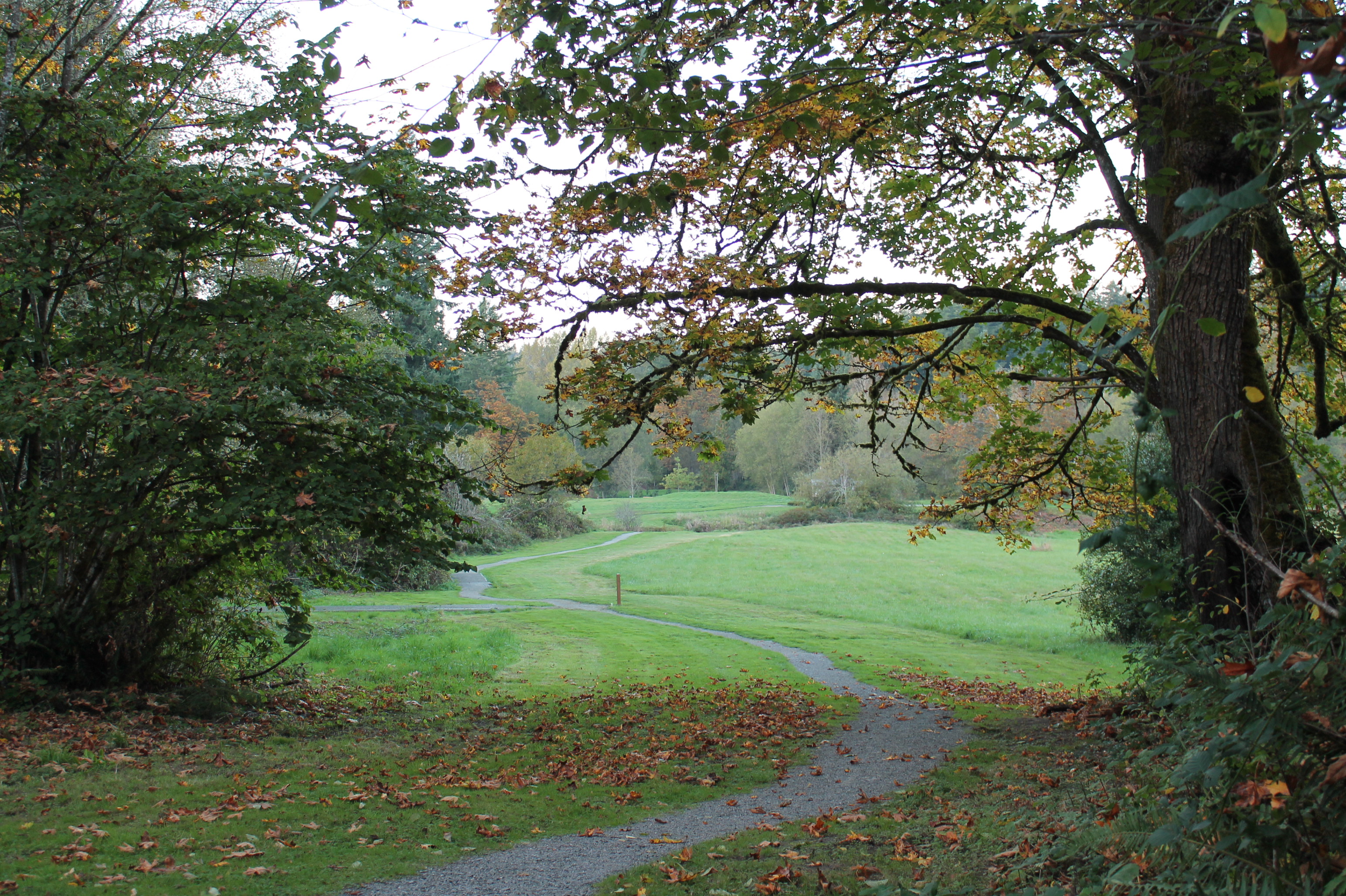Urban Forest Management Program

Program Update!
The City of Sammamish is excited to report that the public tree inventory has been completed through a partnership with the Washington State Department of Natural Resources Community Forestry Assistance Grant! For more information, please visit the Tree Inventory page.
Program Overview
On July 6, 2021, the City Council approved by resolution the Urban Forest Management Plan (UFMP) Implementation Strategies and the 2021/2022 Urban Forest Workplan. With a workplan approved, the way was paved for the formal establishment the Urban Forest Management Program.
The Program combines the Urban Forest Management Plan with a Strategic Implementation Plan.
The Program will will manage and execute the biennial urban forest workplans, provide the annual State of the Urban Forest Reports, and work with the City Council to ensure the City's urban forest priorities are being accomplished.
Please see our new Urban Forest Resource and Learning Library!
Program Background
The UFMP Implementation Strategies Matrix
The Implementation Strategies Matrix is a comprehensive list of implementation actions for each of the goals and objectives adopted in UFMP. The Matrix was developed by collecting implementation actions suggested by the Planning Commission, City Council, and the public during the development of the UFMP and the annual docket process. Additionally, Davey Resource Group conducted extensive interviews with City staff and recommended a list of actions to be included.
The UFMP Implementation Strategies Matrix is a living document where implementation actions can be added at any time. It is intended to function as a repository or toolbox, holding all of the implementation actions that will be considered and included in staff work plans.
Biennial Workplans
Every two years, staff, with guidance from urban forestry experts and direction from the City Council, will develop an urban forest work plan. The parameters of the work plans will be established based on the adopted urban forestry budget, staff capacity, and the policy goals of the City Council. Staff anticipates work plans will be broken down quarterly, with each quarter focusing on implementation actions pulled from the UFMP Implementation Strategies Matrix. The 2021-2022 Urban Forest Workplan will focus on steps staff can take to create the infrastructure necessary to Establish the UFMP in future years.
State of the Urban Forest Reports
In January of each year, staff will prepare and present a ‘State of the Urban Forest Report’. The Report will account for the work plan actions that have been implemented in the previous year and detail the progress that has been made. The Report will serve as an opportunity for staff, the Planning Commission, and the City Council to assess work plan progress and make adjustments to the coming year’s work plan to align with policy shifts or to better achieve work plan goals.
Implementation Action Grouping Framework
Staff worked with the Planning Commission to develop the Implementation Action Grouping Framework which determines how actions from the Implementation Strategies Matrix are grouped into biennial work plans. The Framework is built around four themes that reflect key stages of the Strategic Implementation Plan:
- Group 1: Establish Urban Forest Management Program;
- Group 2: Build Urban Forest Management Program;
- Group 3: Strengthen Urban Forest Management Program; and
- Group 4: Optimize Urban Forest Management Program.
Each group aligns with a two-budget and work plan cycle with Group 1 being 2021-22.
